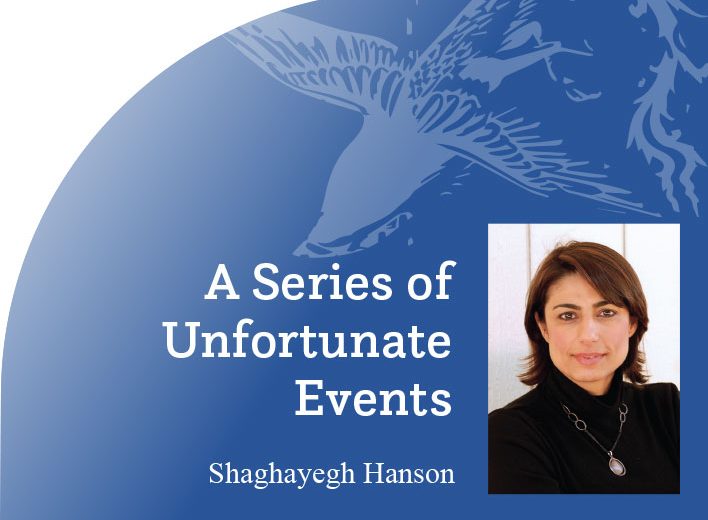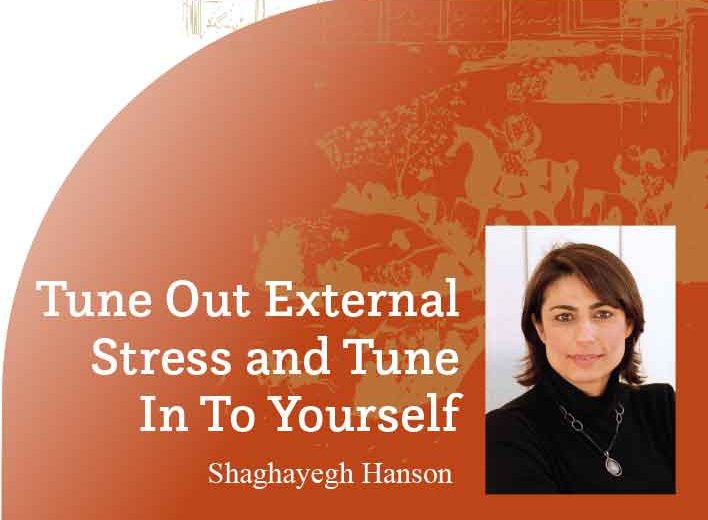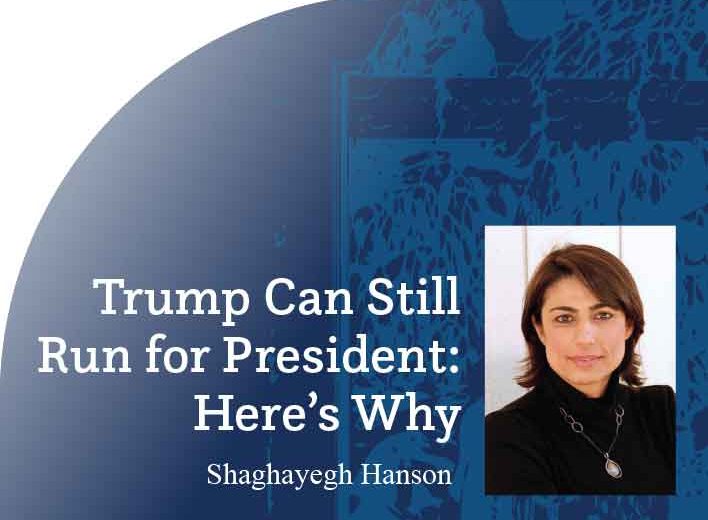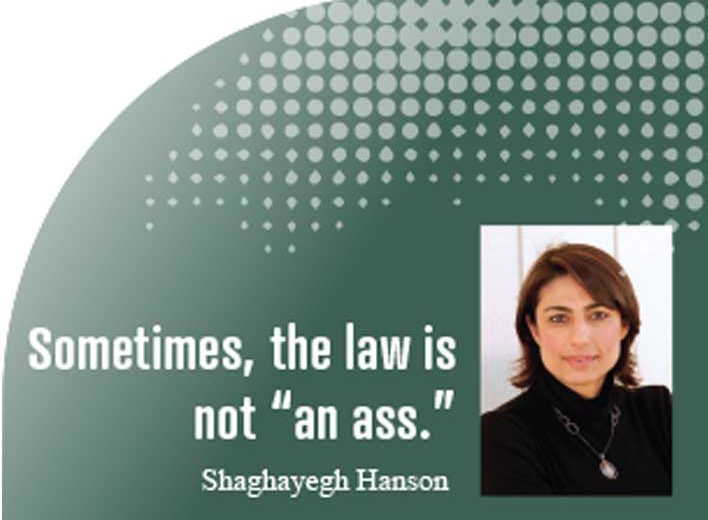Once in a while, I go back and review some of my editorials and I bring out something from the past that needs today’s attention. The following was first published in 2009 and is still very relevant today:
It is undeniable that we live in the information age. It has been said that the amount of information doubles every five years, though I think this statement was made before Facebook, Twitter, etc. The information in the daily edition of the New York Times is supposedly more than an individual man or woman in the sixteenth century would receive during their entire lives. This does not include all the information from television, film, computers, phone, fax, magazines, etc. As someone put it best: “Explosion is an Understatement.”
Do we really think that because we are getting more information, there is more knowledge? We need to keep abreast of and often lack the skills to read the images. The MEDIA-DOMINATED WORLD WE LIVE IN, AND THE ONE OUR CHILDREN ARE GROWING UP IN, POSES SIGNIFICANT CHALLENGES.
Many of us often and quickly condemn an inappropriate television program, but do we ever contact a broadcasting organization to praise an illuminating documentary or a well-written and well-acted program?
We have been compared to fish in water, often failing to notice the flood of images that washes over us daily. This should not mean that our relationship with what we hear or see should be passive. However, how often do we challenge, question, support, or reinforce what we see or hear? Many of us often and quickly condemn an inappropriate television program, but do we ever contact a broadcasting organization to praise an illuminating documentary or a well-written and well-acted program?
The “buy into” gimmick is strongly projected through pictures, images, and ideas and all are made up by writers, photographers, artists, and editors. Easily, one could understand the representation as the reality. But then, how does our youth differentiate between the actual reality and the media version of reality?
All that we see or hear plays with and influences our emotions and imaginations. Why? Remember that the media are businesses with commercial interests, and all those on the businesses’ payrolls work for the final “interests.”
Finally, should the media be more responsible? Of course, they should. However, it is more important to realize that who “we” are determines the media’s meaning to us. A PUBLIC WELL-EDUCATED IN THE NUANCES AND METHODS OF THE VISUAL MEDIA WILL BOTH DEMAND BETTER QUALITY AND BE LESS READILY MANIPULATED BY ITS MANY ALLURING FORMS.


















